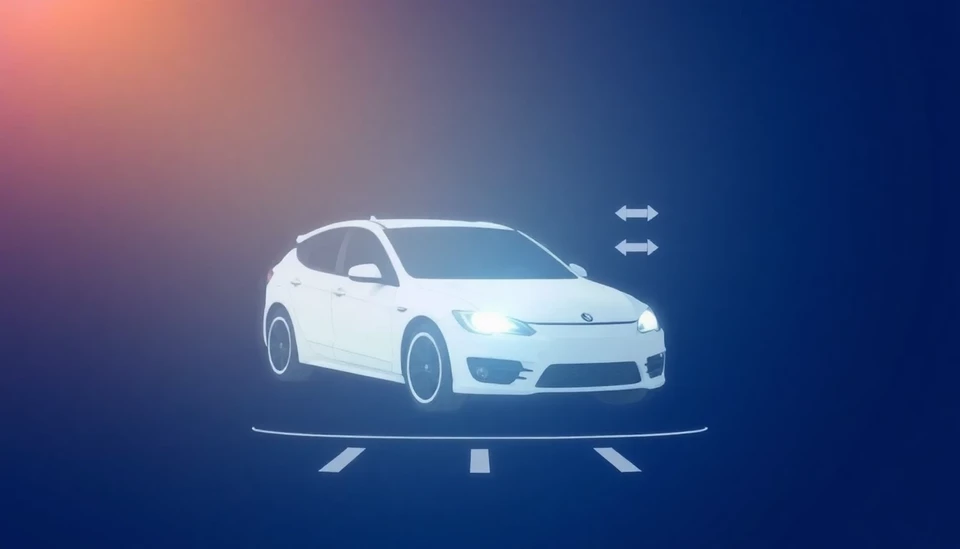
In a recent development, the European Union is considering flexible measures for car manufacturers regarding the strict emissions fines that have been imposed. This move comes in light of the ongoing challenges faced by the automotive industry, particularly in transitioning to greener technologies while adhering to rigorous environmental regulations.
As pressure mounts for carmakers to reduce their carbon footprint, the EU is actively reassessing its stringent regulatory framework. The authorities are looking to implement flexibility in how fines are levied, which could provide relief to automakers struggling with the cost of compliance. This reconsideration is crucial as the EU remains committed to its ambitious climate targets, aiming to achieve a significant reduction in carbon emissions by 2030.
Automakers in the region have been vocal about the financial strains imposed by the current penalties, which can amount to substantial amounts if they fail to meet established emission targets. These penalties, primarily aimed at reducing carbon dioxide (CO2) emissions, have been particularly burdensome for companies as they navigate the increasingly complex landscape of electric vehicle production and sustainability initiatives.
Industry experts suggest that disincentives like these may hinder the transition towards electric vehicles, as companies may defer investments in cleaner technologies if they are faced with exorbitant fines for non-compliance. The potential policy revisions by the EU may offer a much-needed buffer for manufacturers, enabling them to gradually adjust their frameworks without facing crippling penalties.
This reevaluation of the emission penalties aligns with the overall goal of balancing environmental sustainability with economic viability. By allowing for some flexibility, the EU hopes to foster innovation within the automotive sector while still holding manufacturers accountable for their environmental impact.
The discussions are still in the preliminary stages and details remain sparse. However, the automotive industry eagerly watches these developments, which could shape the future of car manufacturing in Europe for years to come. Stakeholders are optimistic that a collaborative approach between regulators and the automotive sector will lead to sustainable solutions that uphold the EU's green ambitions while supporting economic growth.
As the EU continues to deliberate on this matter, car makers remain poised to adapt to new regulations, hopeful for a more lenient framework that allows them to thrive in an evolving market landscape.
In summary, the EU's potential revisions to emission fines may significantly alter the operational strategies of car manufacturers, solidifying a pathway toward synergy between environmental goals and market demands.
#EUmobility #CarManufacturers #EmissionFines #Sustainability #ElectricVehicles #GreenRegulations #AutomotiveNews
Author: Samuel Brooks




